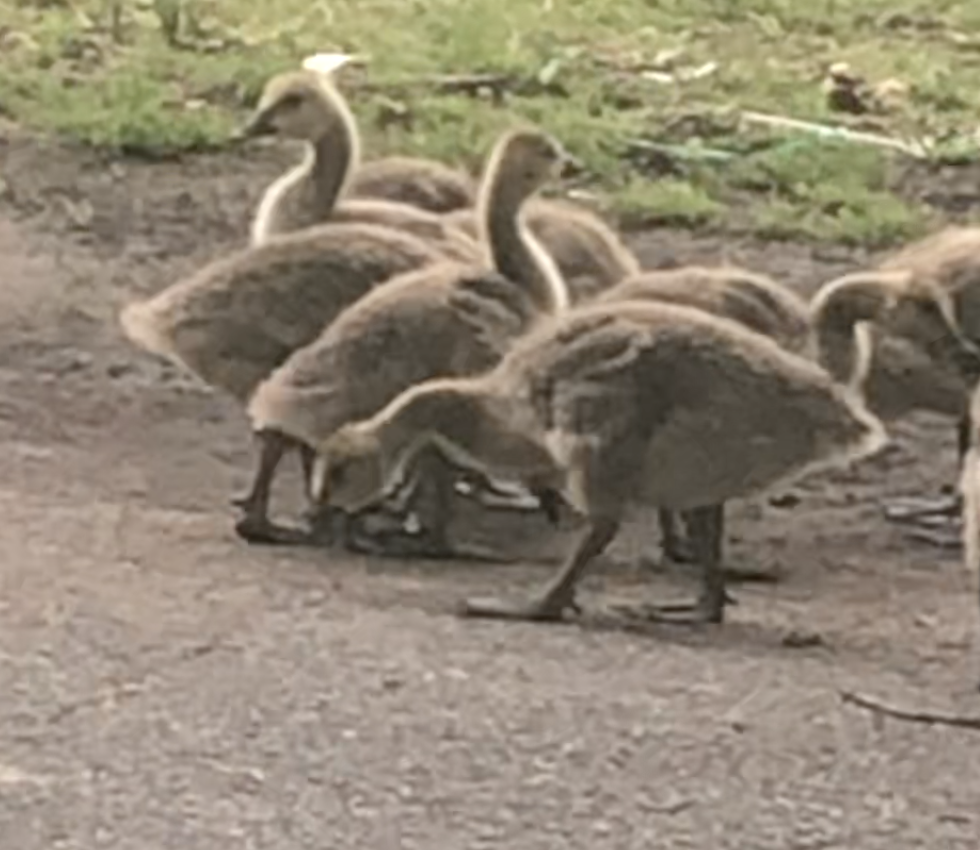Failure highlights the humanistic aspect of the sciences and the arts Continuing the humanistic explorations of science, we looked at the role of gurus and institutions of higher learning in both disciplines. Another commonality between the sciences and the arts is failure. Indeed, failure is an inherent part of science and takes its toll on scientists. That said, outside of quotes by Thomas Edison on the importance of trying and failing, scientists are not expected to talk about failure. While scientists know that negative results are also meaningful and help push the field forward, they are rarely published as they are seen as failures [1]. This lack of reporting of negative results often leads to publication bias [2], impacting the field and scientific inquiry at large. The lack of avenues to report negative findings has also led to a lack of appreciation of ambiguity in science, enabling (unwittingly so) the failure of non-scientists to appreciate scientific ambiguity, giving the impression that all of science “works” perfectly all the time. Scientists face professional failures as well, including (contrived?) scarcity of the academic world, a toxic lab environment, the advisor’s funding running out, simply not having the aptitude for the field of work, and above all, imposter syndrome. Moving out of the academic world is considered a failure too – not moving on to an academic career of one’s own, going into the private sector - is looked down upon. How can we embrace failure in the scientific endeavor and highlight its humanity? Literature cited:
0 Comments
Leave a Reply. |
About SlokaMy name is Sloka. I am a neuroscientist and Bharatanatyam dancer; you can find more about me here. Archives
June 2024
|
